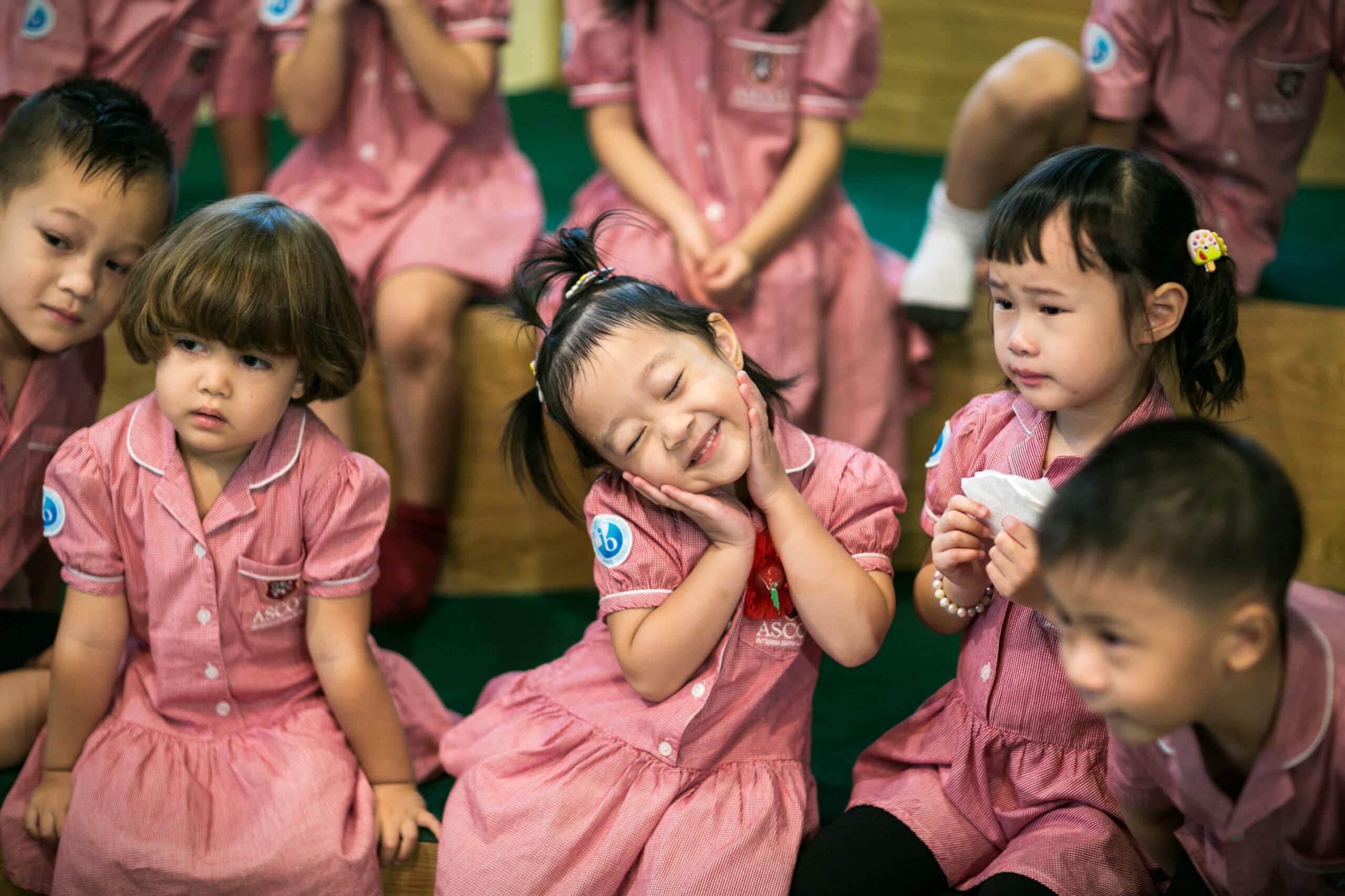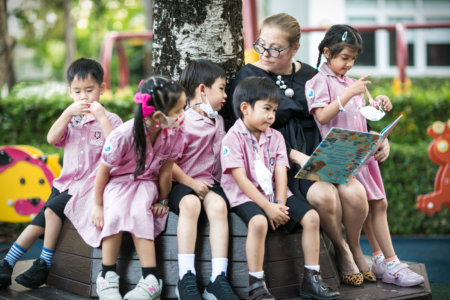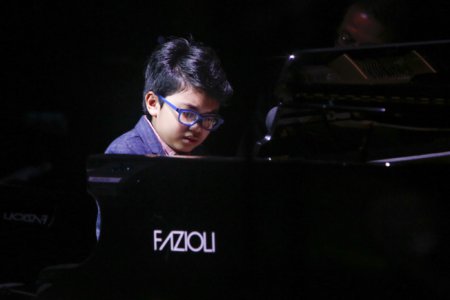A British international curriculum. A multicultural campus community. Excellent care for students with special needs. These were values that Jacqui Robinson-Loynes sought in an international school when she came to settle in Thailand.
That’s when she learned of Ascot International School, a continuum International Baccalaureate (IB) World School where students are gaining an education for the future. “We researched international schools in our preferred area and chose Ascot, having previously had our children in several other schools in their early years. Ascot ticked all our boxes,” says Robinson-Loynes.
For Ray Pearce, it was Ascot’s multicultural setting and IB curriculum that drew him. “I wanted to be at a school that embraced and celebrated multiculturalism and had a truly international feel to it,” says Pearce, who teaches English language and literature at the IB Diploma level.
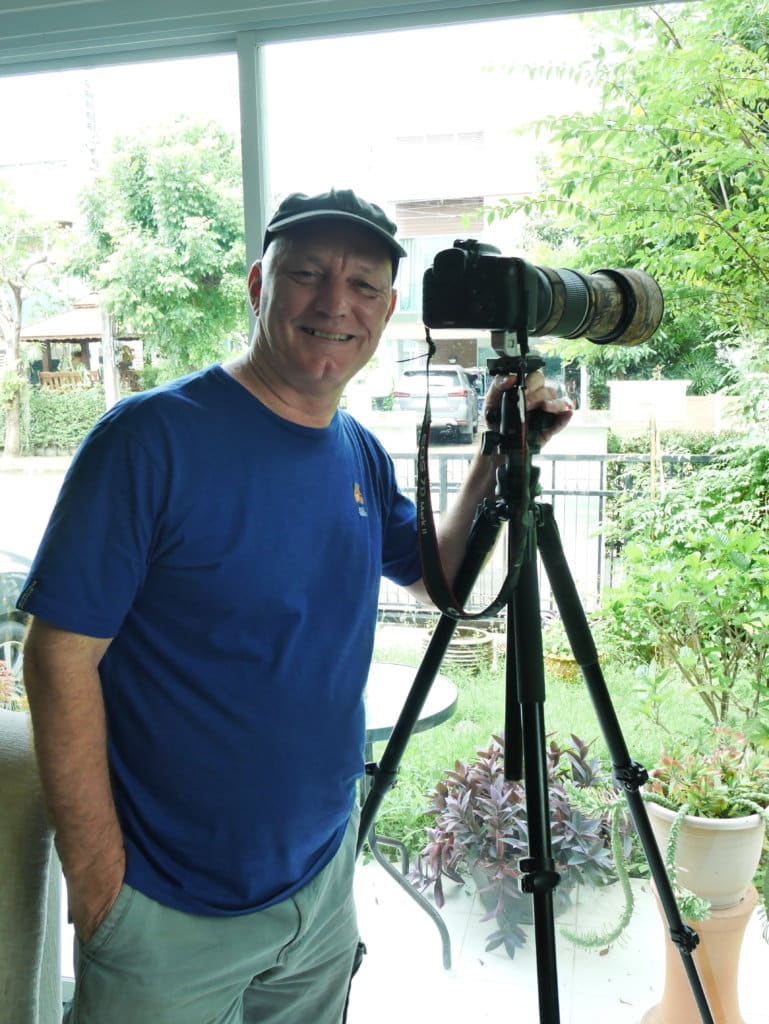
Source: Ray Pearce / Ascot International School
“The IB diploma is also much more modern than A Levels and offers a greater degree of critical thinking. It is a 21st-century qualification that really gives students life skills rather than just a grade.”
Located in Bangkok’s Sapansung district, Ascot offers a full spectrum of IB programmes: Primary Years, Middle Years and Diploma. These provide a framework that goes beyond traditional learning methods – it moulds students into future global citizens who can make the world a better place.
The Learner Profile further distinguishes the IB apart from other programmes. Central to all IB programmes, it moulds students based on 10 values (inquirers, open-minded, caring, knowledgable, thinkers, risk-takers, communicators, balanced, principled, and reflective) to become internationally minded individuals with respect for themselves, others and the world around them.
Inclusive learning practices like students setting personal learning goals, incorporating design thinking processes and participating in discussions allow teachers and students to develop close and cooperative relationships. Whilst placing the learner at the centre of what they do, Ascot teachers lead students through a challenging curriculum that enables them to become adaptable lifelong learners. It’s a journey that students relish every step of the way.
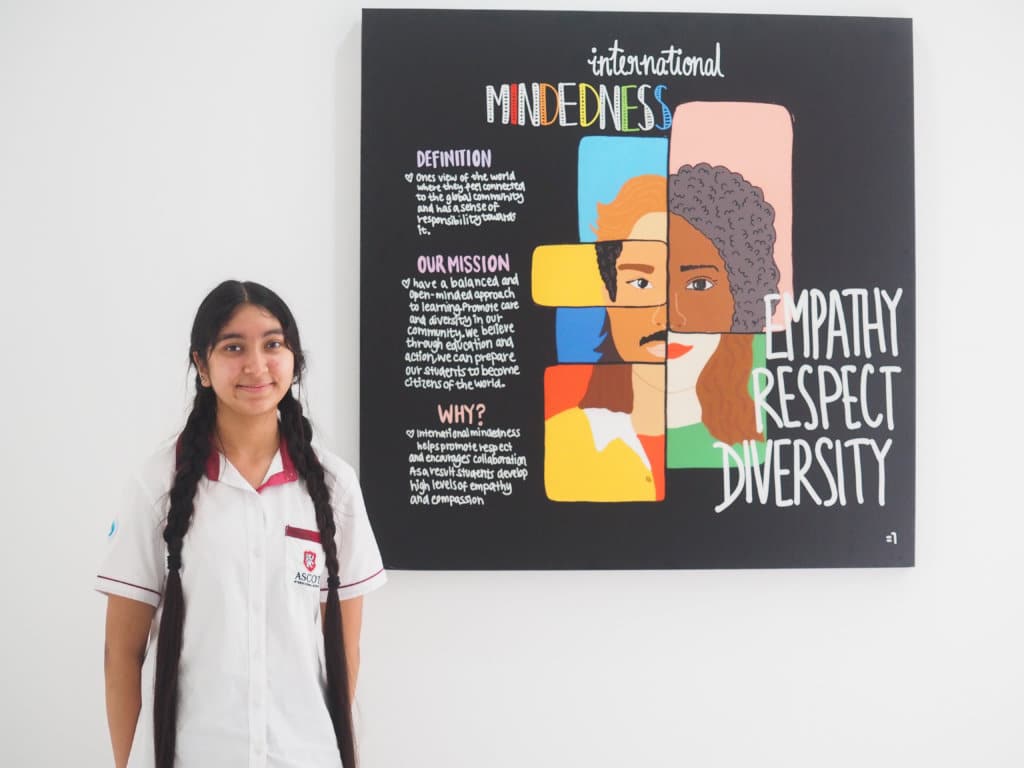
Source: Ascot International School
Ascot’s Primary School is a rich learning environment for children aged two to 12. They learn through hands-on and experiential opportunities with a strong emphasis on learning through play and exploration. At Secondary School, students work towards sitting for the International General Certificate of Secondary Education (IGCSE) in year 11 and the International Baccalaureate Diploma in year 13.
If there was one word to describe the teacher-student relationship at Ascot, it’s family. Thanks to the small classes, these young learners can fully benefit from an evolving curriculum that adapts to their unique and differentiated needs.
“A lot of what is offered at Ascot is at an impromptu human level. Because it is a smaller school, students and teachers can offer that most valuable of commodities: time,” Pearce says. “Ascot is a busy school, but people still seem to be able to make time for each other. It is the right balance between offering opportunities and allowing the students to develop at their own pace.”
As a parent with an autistic child, Robinson-Loynes needed this. “Our second was on the autistic spectrum and undergoing intensive ABA therapy, which required the school to accept a shadow counsellor during the acclimatisation phase,” she shares. “Ascot was fully supportive and contributed significantly to the recovery programme.”
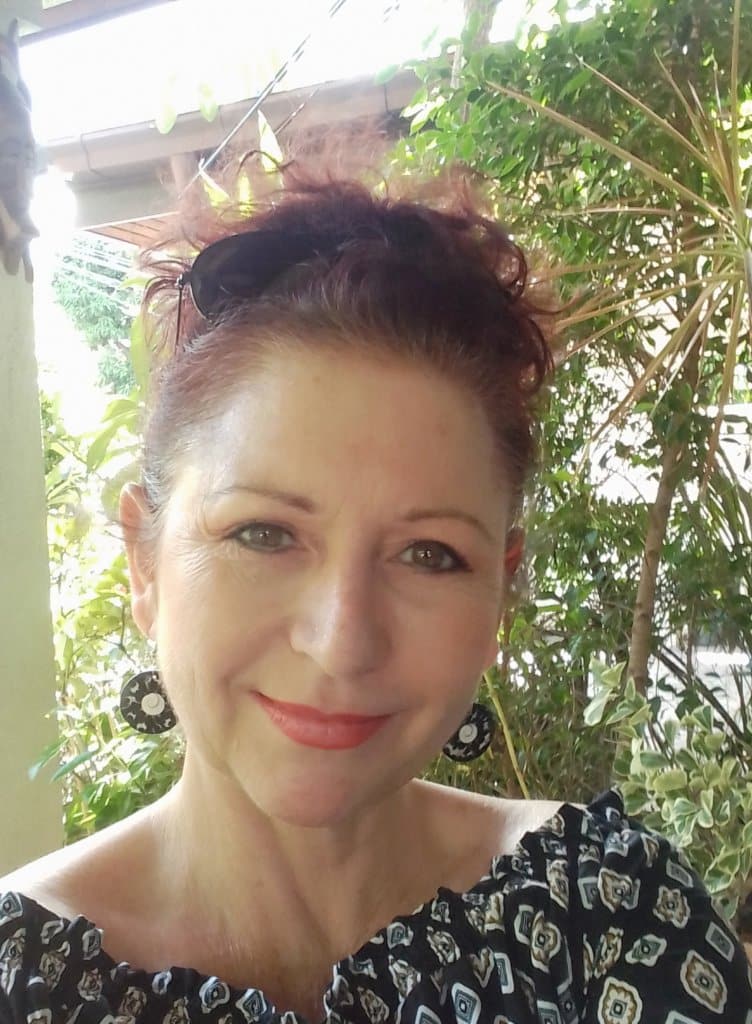
Source: Jacqui Robinson-Loynes
Since then, her child has gone on to excel academically and represented the school in maths, English, science and music competitions – a true testament to Ascot’s holistic approach to learning.
That’s not all. Teachers at Ascot came from a diverse range of cultures and backgrounds. While the language of instruction in the classroom is English, some specialist departments have teachers who are fluent in Thai and Mandarin.
Take Pearce, for example. His career pathway saw him teaching in countries like Japan and South Korea before joining the British Council in Bangkok as a communications coordinator and later at several international schools in the Thai capital.
Their expertise and experience make parents feel like they’re family — the kind to go above and beyond for their child. “The teachers we’ve interacted with over the years have been approachable, empathetic, helpful, encouraging, inclusive and values driven,” says Robinson-Loynes.
Follow Ascot International School on Facebook, Twitter, Instagram and Youtube

